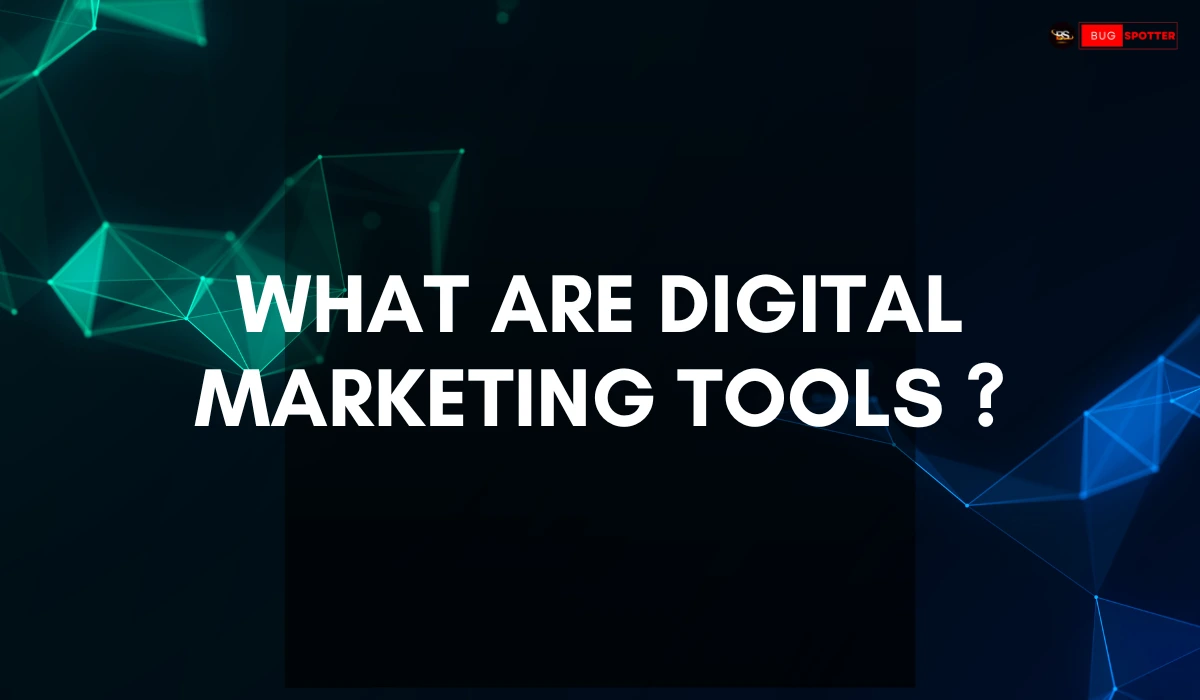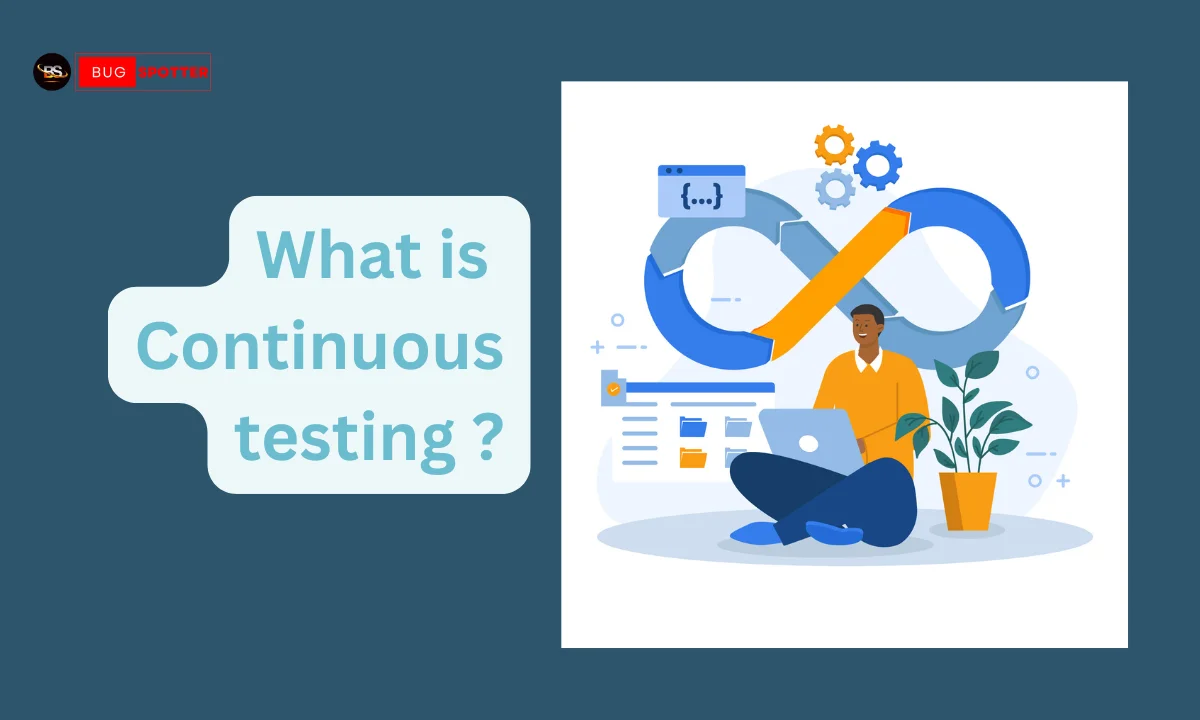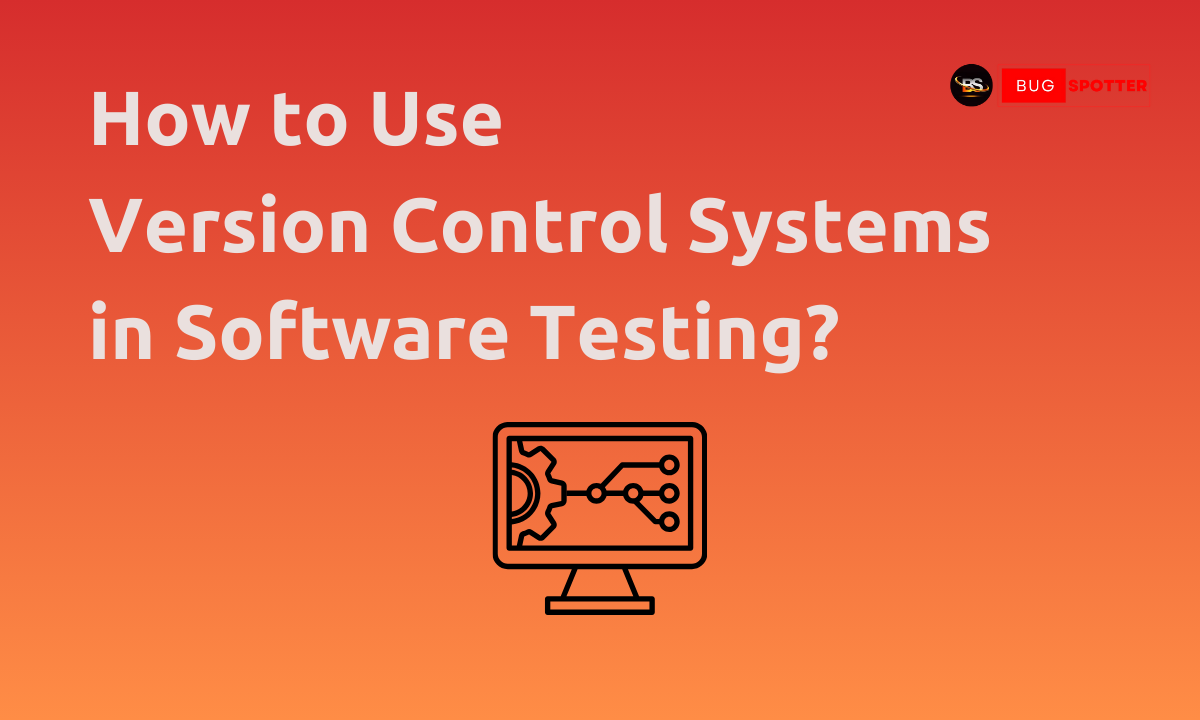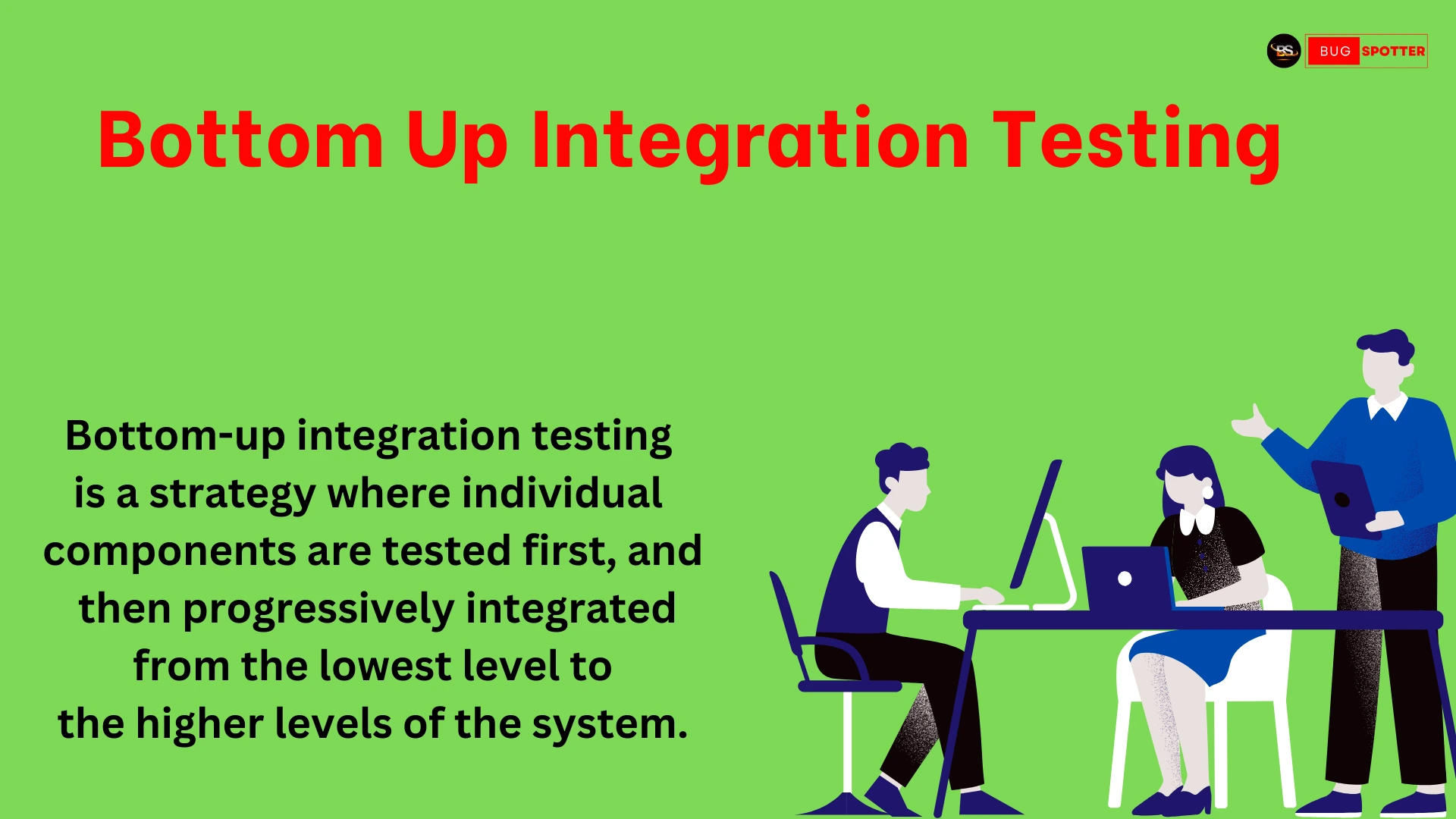What are Digital Marketing Tools ?

In today’s competitive digital landscape, businesses need effective strategies to connect with their target audience. Digital marketing tools play a crucial role in streamlining these strategies, enabling companies to promote their products or services online efficiently. These tools help in various aspects such as content creation, social media management, search engine optimization (SEO), email marketing, and data analytics. With the right tools, marketers can enhance productivity, track performance, and make informed decisions. The abundance of digital marketing tools available today makes it essential to choose the right ones suited to specific business goals. In this post, we will explore what digital marketing is, the popular tools used, and answer key questions related to digital marketing tools.
What is Digital Marketing?
Digital marketing refers to the use of digital channels to promote or market products and services to consumers and businesses. Unlike traditional marketing, which relies on print media, television, and radio, digital marketing leverages platforms such as search engines, social media, email, and websites. It encompasses a broad range of activities, including search engine marketing (SEM), SEO, content marketing, social media marketing (SMM), pay-per-click (PPC) advertising, and more. The primary objective of digital marketing is to reach potential customers in the online spaces where they spend much of their time, driving brand awareness, engagement, and conversions.
Tools for Digital Marketing
Digital marketing encompasses a variety of tools that cater to different stages of the customer journey, from awareness to conversion and retention. These tools fall into various categories:
- Advertising Tools
Google Ads, Facebook Ads Manager, and LinkedIn Ads are key platforms for reaching targeted audiences through paid campaigns. - Content Creation Tools
Tools like Canva and Adobe Spark help create engaging visual content. - Marketing Automation Tools
Platforms like HubSpot and Marketo automate repetitive marketing tasks, including lead nurturing and segmentation. - Analytics Tools
Google Analytics and Tableau provide insights into website traffic, user behavior, and campaign effectiveness. - Social Listening Tools
Tools such as Brandwatch and Mention monitor online conversations about brands, helping businesses respond quickly to customer feedback.
Utilizing a combination of these tools ensures comprehensive coverage of all digital marketing aspects, leading to more effective campaigns.
Digital Tools Marketing
“Digital tools marketing” refers to the use of digital platforms and software to enhance marketing strategies. These tools assist in:
- Audience Targeting
Tools like Facebook Ads Manager enable precise targeting based on demographics, interests, and behaviors. - Campaign Optimization
Platforms such as SEMrush provide insights to improve ad performance and content reach. - Lead Generation
Tools like Leadpages and ClickFunnels help capture potential customer information through optimized landing pages. - Performance Tracking
Analytics tools offer real-time data to measure the success of campaigns.
By integrating digital tools into marketing strategies, businesses can operate more efficiently, gain deeper customer insights, and maximize ROI.
AI Tools for Digital Marketing
Artificial intelligence (AI) has revolutionized the digital marketing landscape. AI-powered tools enhance personalization, automate tasks, and improve customer engagement. Notable AI tools include:
- ChatGPT
Assists in content generation, customer support, and chatbots. - Jasper AI
Quickly generates marketing copy tailored to specific audiences. - HubSpot AI Tools
Automate email marketing, lead scoring, and customer segmentation. - Persado
Uses AI to craft personalized messaging that resonates with audiences. - Albert AI
An autonomous AI platform for managing complex digital advertising campaigns.
AI tools not only save time but also help marketers deliver more personalized and effective marketing efforts, resulting in higher engagement and conversion rates.
What are Some of the Popular Digital Marketing Tools?
There are countless digital marketing tools available, but some have proven to be industry favorites due to their versatility and efficiency:
- Google Analytics:
Essential for tracking website traffic and understanding user behavior. - SEMrush:
Offers comprehensive tools for SEO, PPC, and content marketing. - Hootsuite:
Enables efficient social media management across multiple platforms. - Mailchimp:
A popular choice for creating and managing email marketing campaigns. - Canva:
Widely used for designing engaging visuals and social media posts. - Ahrefs:
Excellent for backlink analysis and keyword research.
These tools are popular because they cater to different aspects of digital marketing, making them indispensable for marketers seeking comprehensive solutions.
What are the Most Efficient and Useful Digital Marketing Tools?
Efficiency and usefulness in digital marketing tools depend on the specific needs of a business. However, some tools consistently stand out:
- Google Search Console
Efficient for monitoring website performance and fixing SEO issues. - HubSpot
Provides an all-in-one platform for CRM, content management, and marketing automation. - Buffer
Known for its user-friendly social media scheduling capabilities. - Grammarly
Ensures content is error-free, enhancing the quality of communication. - Jasper AI
Useful for generating content quickly, making it a time-saver for marketers. - Hotjar
Provides heatmaps and user feedback, essential for improving website usability.
These tools are designed to save time, automate tasks, and provide valuable insights, making them highly useful for digital marketing campaigns.
What are Digital Marketing Tools?
Digital marketing tools are software and platforms designed to help businesses execute, manage, and analyze their marketing efforts online. They cover various areas such as SEO, content creation, social media management, data analytics, and email marketing. These tools simplify complex tasks, provide insights into consumer behavior, and enable more targeted marketing efforts. Without these tools, running effective digital marketing campaigns would be significantly more time-consuming and less efficient
What are Some Digital Marketing Tools?
Besides the ones mentioned earlier, here are more tools that cater to different digital marketing needs:
- Trello & Asana
For project management and collaboration. - Moz
Offers advanced SEO solutions. - Sprout Social
Provides comprehensive social media analytics. - Tableau
Visualizes marketing data for better decision-making. - ClickFunnels
Helps in creating sales funnels and landing pages. - BuzzSumo
Assists in finding trending content and influencer outreach.
Choosing the right combination of tools based on your business goals can lead to more effective and streamlined marketing efforts.
Latest Posts
- All Posts
- Software Testing
- Uncategorized





Categories
- Artificial Intelligence (5)
- Best IT Training Institute Pune (9)
- Cloud (2)
- Data Analyst (55)
- Data Analyst Pro (15)
- data engineer (18)
- Data Science (104)
- Data Science Pro (20)
- Data Science Questions (6)
- Digital Marketing (4)
- Full Stack Development (7)
- Hiring News (41)
- HR (3)
- Jobs (3)
- News (1)
- Placements (2)
- SAM (4)
- Software Testing (70)
- Software Testing Pro (8)
- Uncategorized (33)
- Update (33)
Tags
- Artificial Intelligence (5)
- Best IT Training Institute Pune (9)
- Cloud (2)
- Data Analyst (55)
- Data Analyst Pro (15)
- data engineer (18)
- Data Science (104)
- Data Science Pro (20)
- Data Science Questions (6)
- Digital Marketing (4)
- Full Stack Development (7)
- Hiring News (41)
- HR (3)
- Jobs (3)
- News (1)
- Placements (2)
- SAM (4)
- Software Testing (70)
- Software Testing Pro (8)
- Uncategorized (33)
- Update (33)





